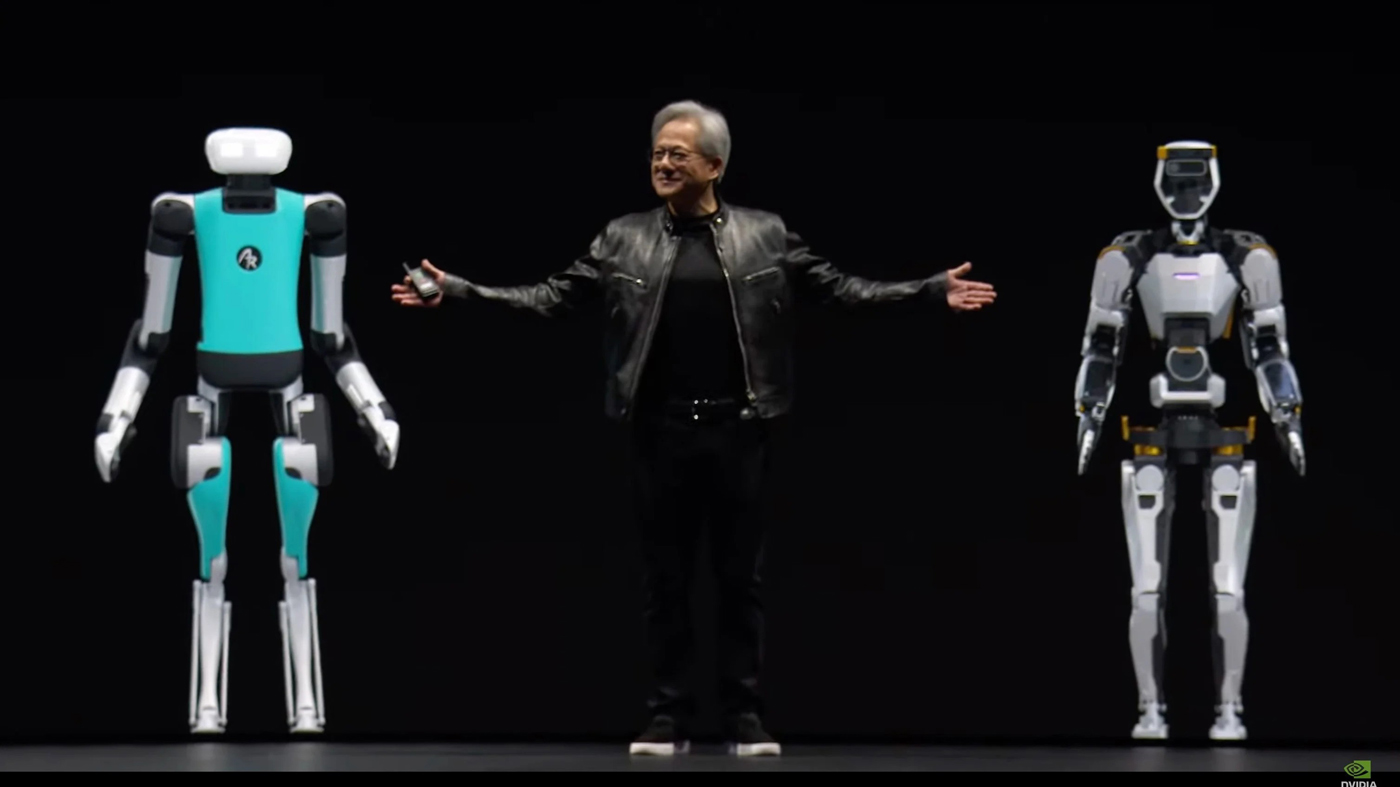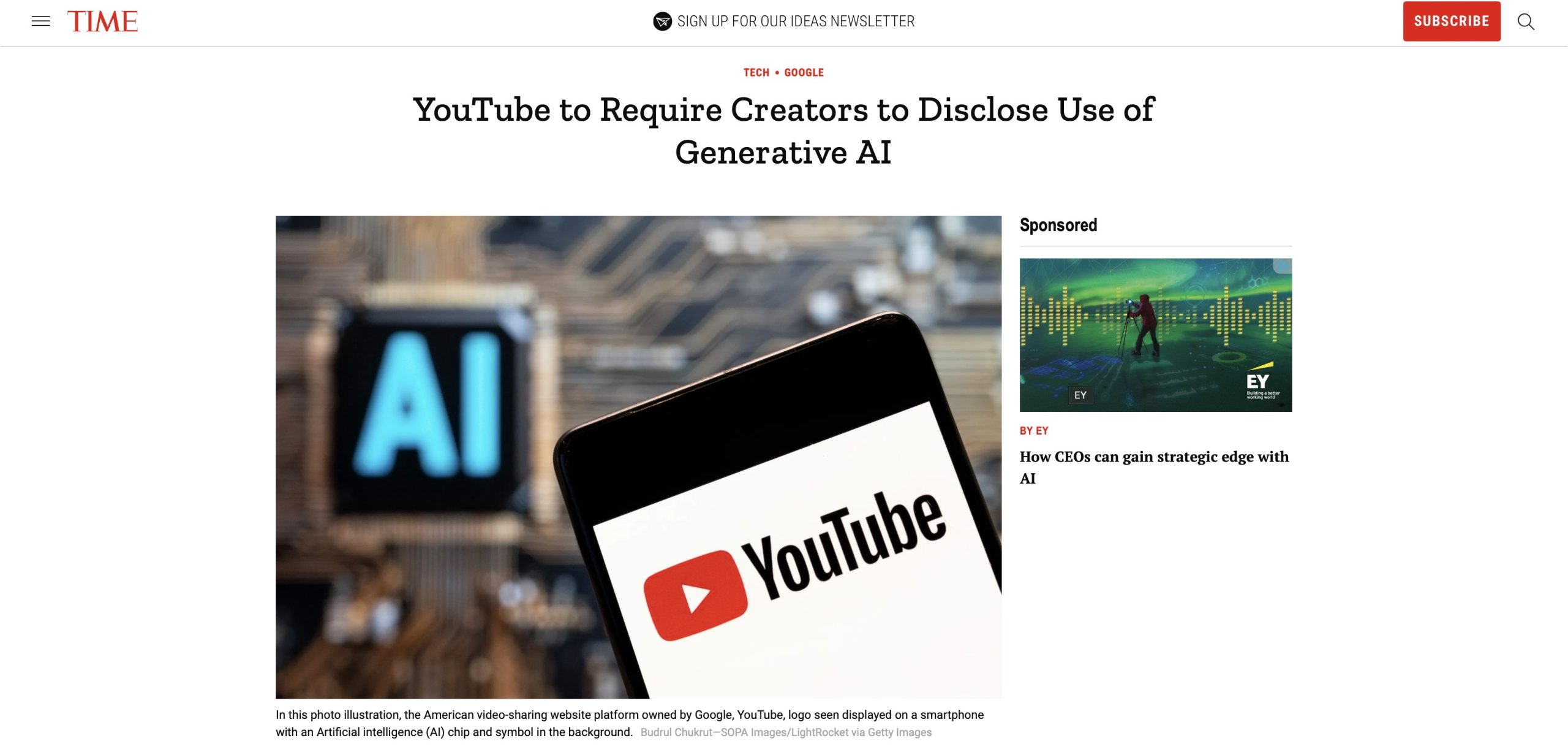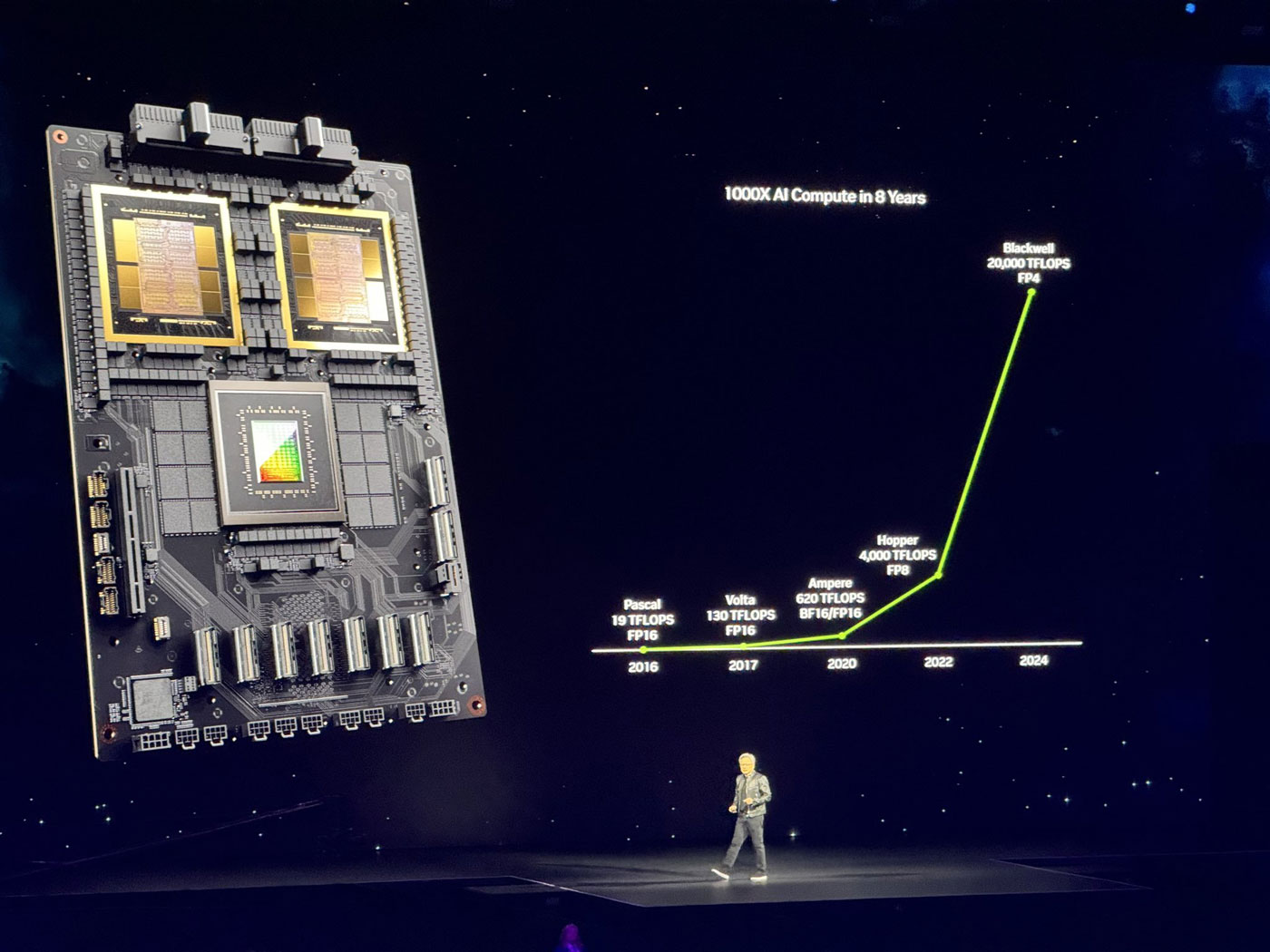White House ‘alarmed’ by AI pornographic Taylor Swift
The recent surfacing of sexually explicit AI-generated deepfakes of pop icon Taylor Swift has triggered alarm bells at the White House, marking a potential turning point in the conversation surrounding the regulation of artificial intelligence.
“Deepfakes of Taylor Swift? Not Okay, Says the White House”
Press Secretary Karine Jean-Pierre expressed the Biden administration’s concern, stating, “We are alarmed by the reports of the circulation of…false images.” She further urged social media platforms to take responsibility in enforcing existing rules against the spread of misinformation and non-consensual intimate imagery.
More Than Just a Celebrity Case: A Pattern of Abuse
This incident, unfortunately, isn’t an isolated one. Deepfakes targeting women, particularly those in the public eye, have become increasingly common. From politicians to journalists, women are disproportionately subjected to this malicious and often humiliating form of online abuse.
The Threat of Misinformation and Manipulation
Beyond the personal harm inflicted on the victims, deepfakes pose a significant threat to public discourse and democracy. These hyper-realistic fabrications can be used to spread misinformation, damage reputations, and even influence elections. The Swift case serves as a stark reminder of the potential for deepfakes to sow discord and manipulate public opinion.
Calls for Regulation Grow Louder
The White House’s alarm isn’t the only indication of a growing sense of urgency around deepfake regulation. Lawmakers, tech companies, and advocacy groups are increasingly calling for stricter controls on the creation and distribution of these harmful videos and images.
A Complex Challenge: Balancing Innovation with Protection
Finding the right balance between fostering innovation in AI and protecting individuals from harm is a complex challenge. Any regulations must be carefully crafted to avoid stifling legitimate uses of the technology while effectively curbing its misuse.
The Taylor Swift Deepfakes: A Catalyst for Change?
While the future of AI regulation remains uncertain, the widespread outrage over the Swift deepfakes has undoubtedly raised awareness of the issue. It’s possible that this case could serve as a catalyst for meaningful action, pushing policymakers and tech companies to take concrete steps towards addressing the dangers of deepfakes.
Only time will tell whether the White House’s alarm will translate into effective measures to combat this increasingly concerning trend. However, one thing is clear: the fight against deepfakes is no longer about protecting celebrities; it’s about protecting the integrity of online information and safeguarding individuals from online abuse.





